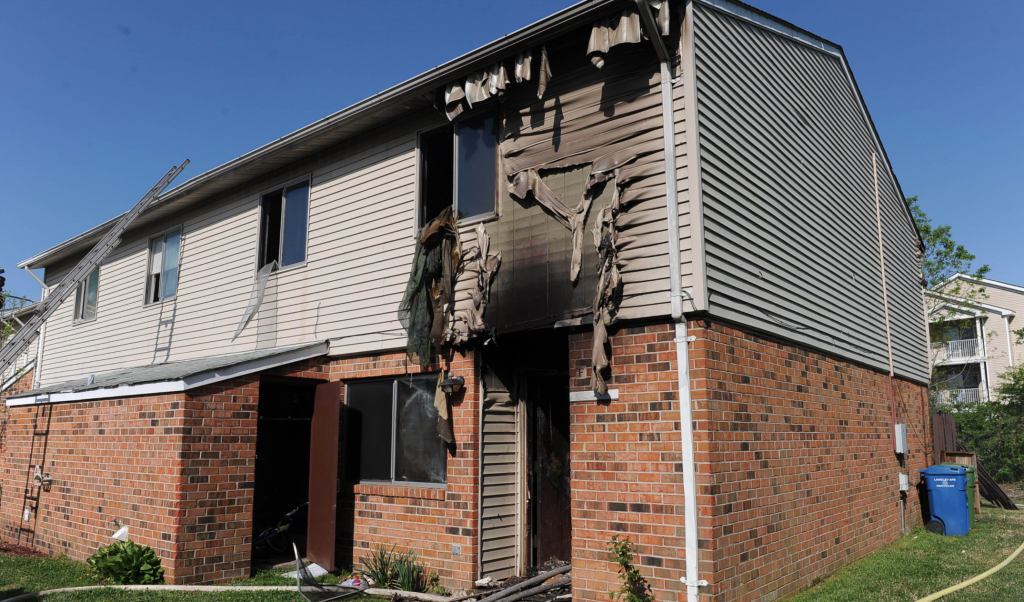Space heaters are an excellent way to stay warm when it’s cold outside, and they fill a very important niche when it comes to how we obtain heat. However, they are not a one-size-fits-all solution that can replace other options for a number of reasons. Let’s take a quick look at few things to consider before taking one out and relying it as a primary source of heat.
They Need a Lot of Energy
While there are many products on the market that are energy-efficient, they still need a lot of electricity or fuel to operate for any length of time. I learned this the hard way after using a small unit to warm up the workshop in my basement as the regular heating system didn’t really do the trick. The unit I was using is a good size for a small room, and it was a perfect way to inject heat near my work area, even though most of it dissipated due to poor insulation downstairs.
However, after running it about 8 hours a day for a month, I was shocked to discover that it doubled my electric bill. This little heater, which isn’t more than a foot wide and tall ended up costing almost $200. On the other hand, running the heater (natural gas), for the whole house only cost $50. Obviously, these costs will vary from place to place, but as a rule, space heaters gobble up a lot of electricity, and they don’t tell you that on the product description or labels. Consequently, consider avoiding using them as a primary heating source whenever possible unless you’re willing to spend a lot of money to stay a few degrees warmer.
They are Dangerous
No matter how well space heaters are designed, they still present risks of fire, burns or damaging electrical systems. Cords and plugs get hot, particularly when the heaters are being used continually or for long periods of time. Many do not have safety systems that kick in to turn off the power when this happens, and it’s up to the circuit breaker in the home to do the job. Ironically, many manufacturers do not recommend plugging space heaters into power strips, which would seem like a logical safety measure, due to the fact that they can overload prematurely.
Then there’s the problem with placement. You want the heater far enough away from combustible items to prevent fires. Space heaters can fall and not shut off, igniting carpeting. Oil ones can leak, causing burns and damage, including fire as well. All in all, space heaters should never be left on unattended, and they should be turned off if and when the power cords get hot. In a nutshell, they require constant monitoring to avoid these and other common hazards.
When they are Useful
Space heaters are ideal in situations where you need supplemental heat for short periods of time. They also come in handy as an emergency backup if your main heating source is not available or broken. So, there’s no harm in keeping a few on hand just in case. You can also consider keeping one in your vehicle as well.
Give some thought to your heating needs this winter, including what alternatives are available, and use space heaters as an important component to your approach. However, you want to avoid relying on them for extended periods of time, particularly when you are just looking for supplemental heat. Dressing warm, in layers, in addition to insulating rooms can be just as effective, and these steps are also far less expensive and dangerous. Only you can decide how to stay warm this winter, but make sure that you weigh the pros and cons of space heaters in order to protect you and your family as well as your budget.
